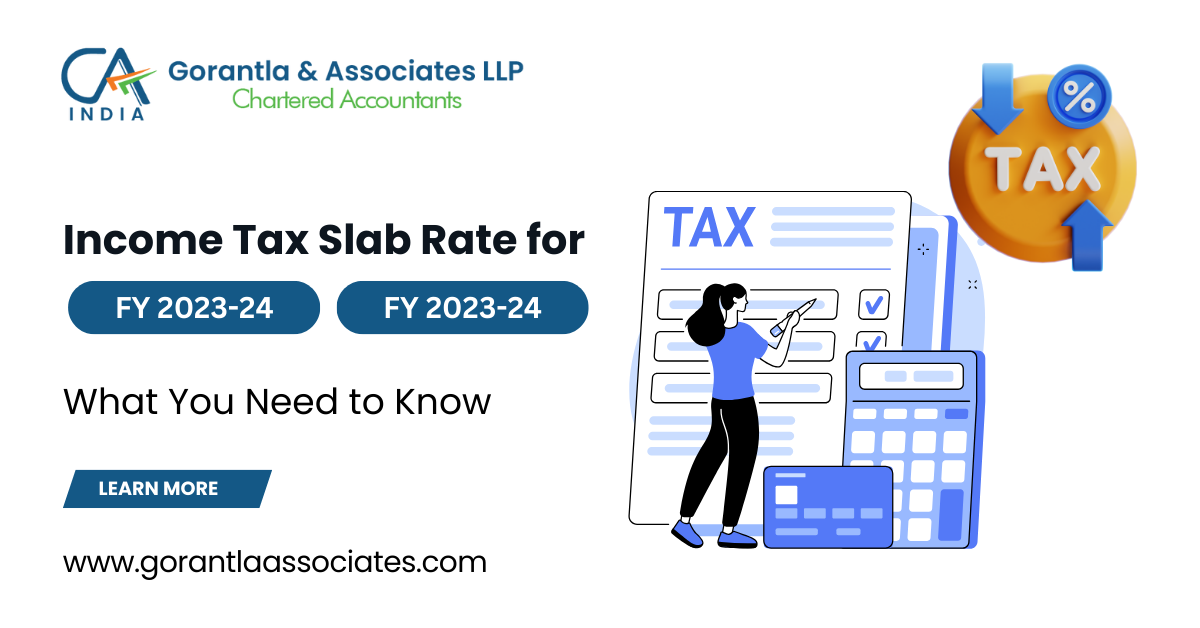
The Finance Bill, 2024, introduces several amendments to the Income-tax Act, 1961, and other related acts to continue the reform process in the direct tax system. These reforms aim to provide tax reliefs, simplify the tax structure, and rationalize various provisions. The amendments are categorized into different sections to address various aspects of taxation.
Key Amendments and Provisions
- Rates of Income-Tax
The Finance Bill specifies the income-tax rates for the assessment year 2024-25 for different categories of taxpayers, including individuals, Hindu Undivided Families (HUFs), and companies. Notably, the bill maintains the existing tax rates for most categories without any changes.
- Individuals and HUFs:
- Up to ₹2,50,000: Nil
- ₹2,50,001 to ₹5,00,000: 5%
- ₹5,00,001 to ₹10,00,000: 20%
- Above ₹10,00,000: 30%
- Senior Citizens (60-80 years):
- Up to ₹3,00,000: Nil
- ₹3,00,001 to ₹5,00,000: 5%
- ₹5,00,001 to ₹10,00,000: 20%
- Above ₹10,00,000: 30%
- Super Senior Citizens (80 years and above):
- Up to ₹5,00,000: Nil
- ₹5,00,001 to ₹10,00,000: 20%
- Above ₹10,00,000: 30%
- Domestic Companies:
- If turnover ≤ ₹400 crores in FY 2021-22: 25%
- Others: 30%
- Firms and Local Authorities: 30%
- Individuals and HUFs:
- Surcharge and Cess
- Surcharge:
- Income exceeding ₹50 lakhs but not exceeding ₹1 crore: 10%
- Income exceeding ₹1 crore but not exceeding ₹2 crores: 15%
- Income exceeding ₹2 crores but not exceeding ₹5 crores: 25%
- Income exceeding ₹5 crores: 37% (restricted to 25% for incomes under sections 111A, 112, and 112A)
- Health and Education Cess: 4% on the income-tax including surcharge
- Surcharge:
- Deductions at Source (TDS)
- The rates for TDS on various incomes remain largely unchanged, except for non-domestic companies, where the rate is reduced from 40% to 35%.
- Specific rates for long-term and short-term capital gains for non-residents are outlined, with increases in TDS rates for transfers occurring on or after July 23, 2024.
- Measures to Promote Investment and Employment
- Various incentives and reliefs are provided to promote investments and employment generation. These include accelerated depreciation, investment allowances, and tax holidays for specific sectors.
- Simplification and Rationalisation
- The bill aims to simplify the tax compliance process by rationalizing provisions and reducing ambiguities. This includes clarifications on various tax treatments and streamlining documentation requirements.
- Widening and Deepening of Tax Base
- Efforts are made to widen the tax base by bringing more taxpayers under the tax net and reducing tax evasion. This includes stricter enforcement of tax compliance and enhanced reporting requirements.
- Tax Administration
- Improvements in tax administration are proposed to make the tax system more efficient and taxpayer-friendly. This includes the use of technology for better service delivery and faster processing of refunds and assessments.
The Finance Bill, 2024, continues the government’s efforts to reform the direct tax system in India. By maintaining existing tax rates, providing reliefs, and simplifying procedures, the bill aims to make the tax system more transparent and efficient. Taxpayers are encouraged to understand these changes and comply with the new provisions to benefit from the reforms introduced.
This article provides a comprehensive overview of the key amendments and provisions in the Finance Bill, 2024, covering aspects such as tax rates, surcharges, TDS, and measures to promote investment and employment. Understanding these changes is crucial for effective tax planning and compliance.
Visit to know more about The provisions budget 2024 : www.gorantlaassociates.com






